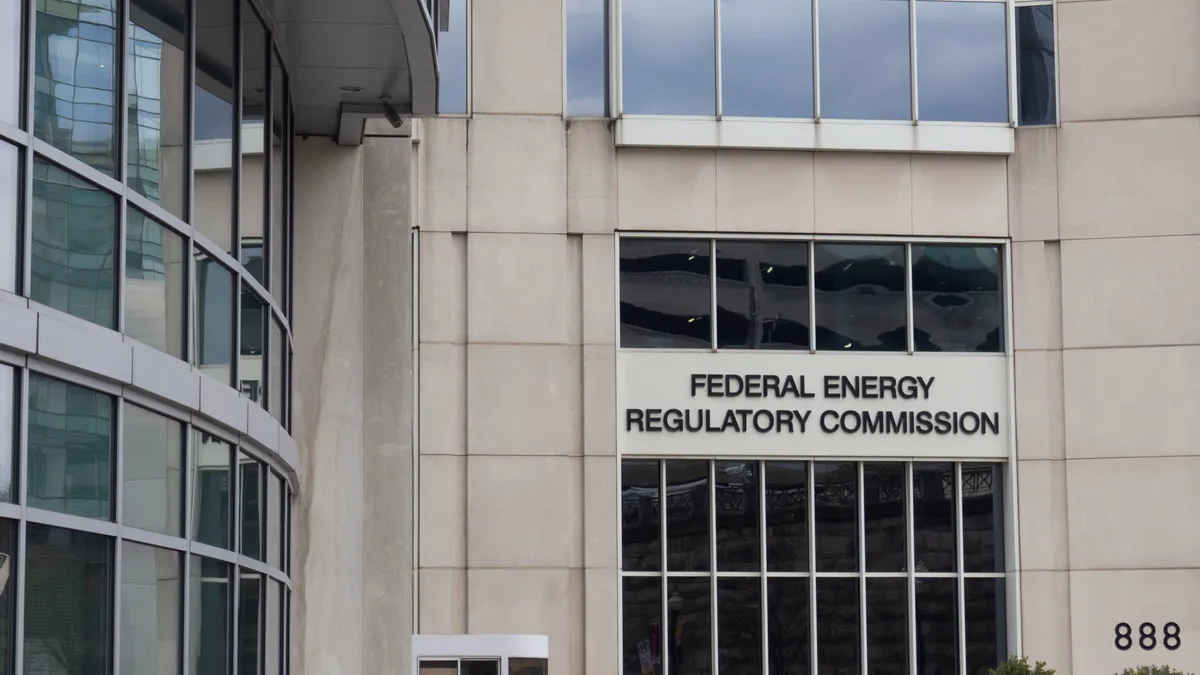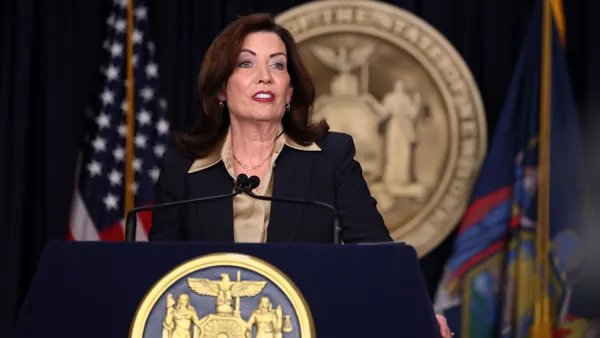Dive Brief:
- The new president of the Public Service of New Hampshire has said that its Northern Pass transmission line is the "shot in the arm" the Northeast needs to help meet demand as the region faces more plant closures and rising demand.
- The New England ISO has said the region needs a new transmission line and gas pipeline from Canada to distribute power through the region. The grid operator is appealing to the FERC for approval to charge rate payers a one-off fee to help pay for the construction of the new infrastructure and for the go-ahead to put out a call for proposals for the projects.
- PSNH plans to keep its coal plants running for at least 3 years until it has the infrastructure to make up the energy capacity in other ways. Keeping the plants running saved customers an estimated $120 million last winter, according to the utility.
Dive Insight:
According to the New England Council Regional Energy Council, PSNH has 8,000 MW of capacity at risk of closure. Of that, 3,000 MW is already in the process of being taken offline. This reflects a larger shortage of energy generation across the region, which came to bear last winter on the price of electricity. Gas spot prices tripled over 2012 prices to $80 MMBtu at one point, and this winter prices could be up a further 40%, according to Nicholas Ucci, chief of staff of Rhode Island’s Office of Energy Resources.
Patrick Woodcock, director of the Governor’s Energy Office in Maine, said that he was "skeptical" about the grid operator's aggressive approach to securing more energy for the area with a rate payer fee, but that it does make sense. "It’s easy to say, 'Let the market work,' but if we don’t do anything, our industry is gone. We can’t have an economy that operates nine months a year," Woodcock said. "There has to be a way to get the gas to the Northeast."
PSNH's Quinlan said that "Northern Pass is precisely the type of project envisioned by the governors, and has the benefit of being years ahead of others proposed in the region." Unlike the New England ISO's proposal, Northern Pass is to be built without charging rate payers a fee to cover the costs. However, if there was a fee, it would possibly allow PSNH to bury larger portions of the 187-mile line than the 8 miles it plans to do currently.











